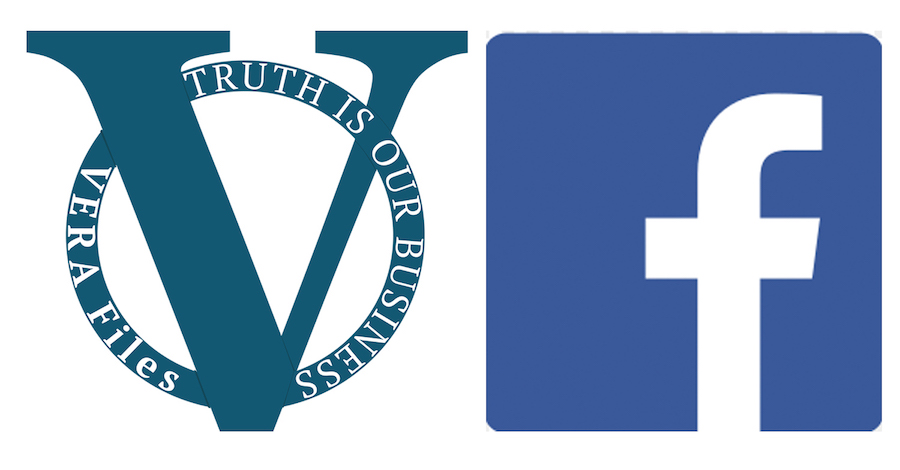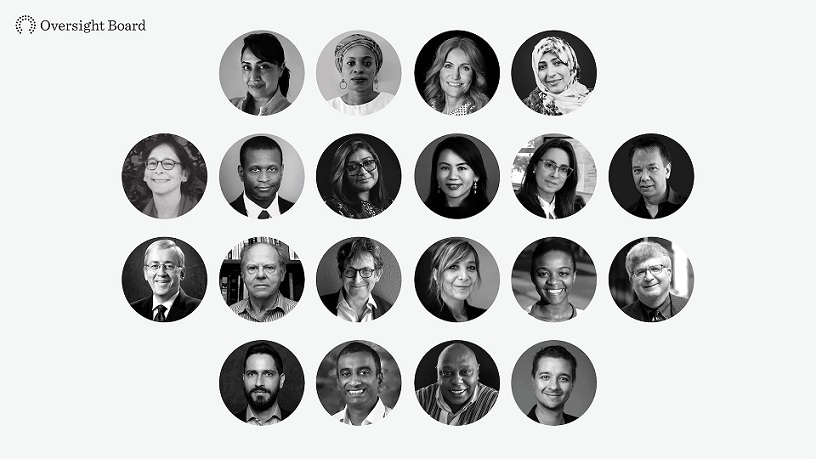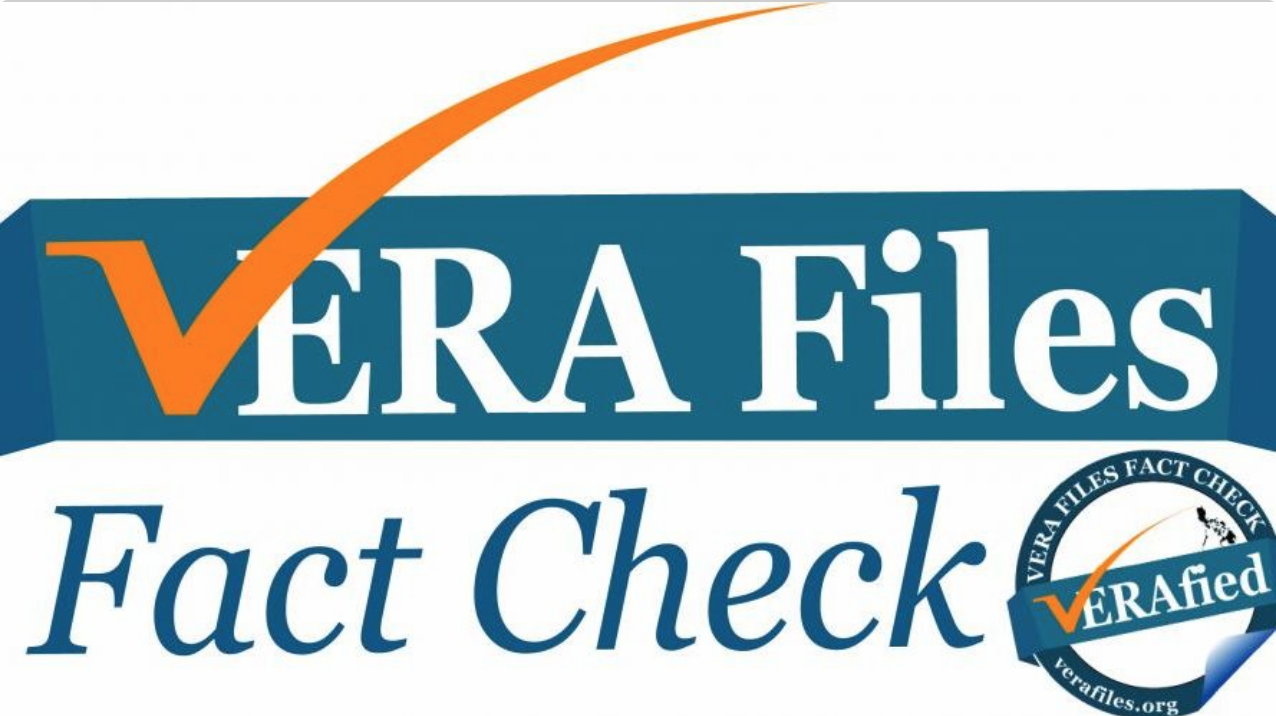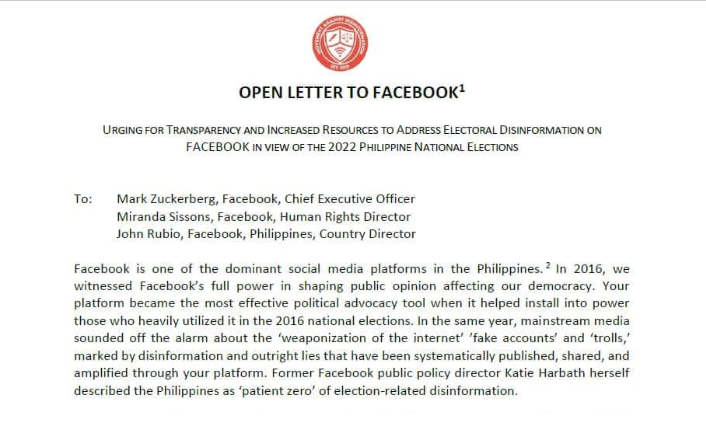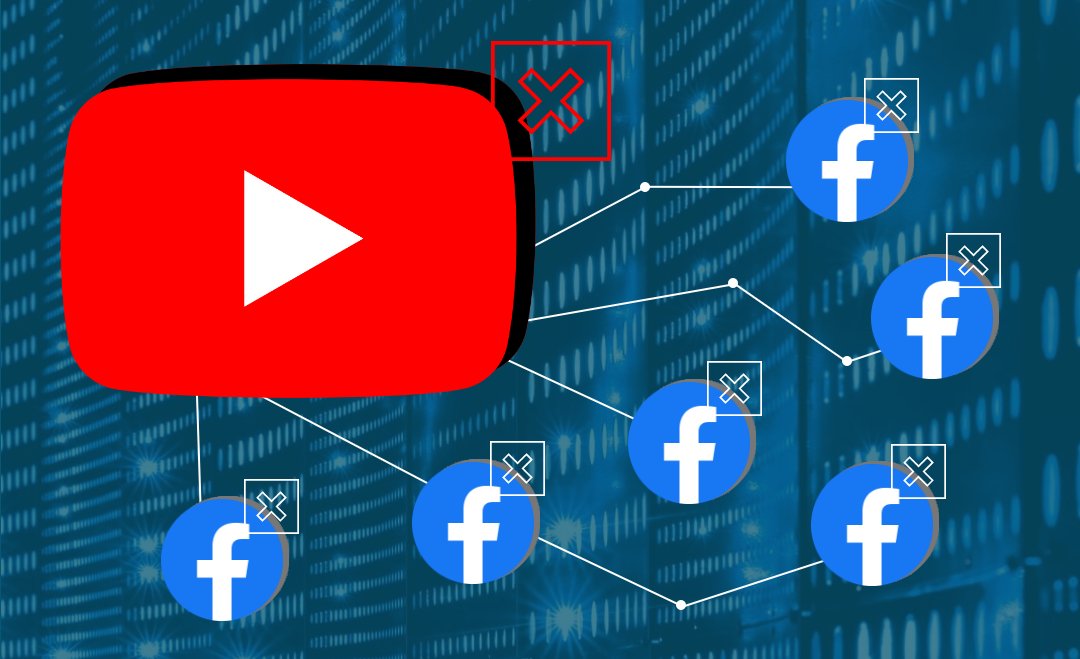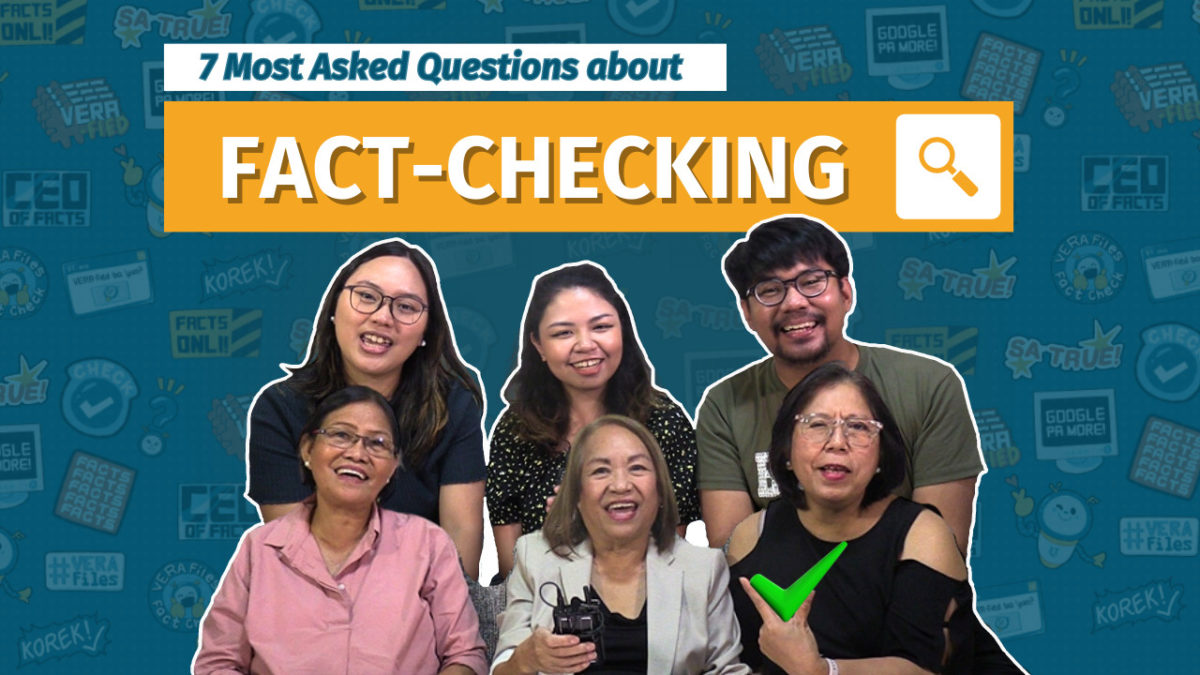(UPDATED) In 2018, Facebook launched its third-party fact-checking program in the Philippines, partnering with VERA Files and Rappler beginning that April.
Your questions about the program, answered.
How does the third-party fact-checking program work?
VERA Files Fact Check, which started during the 2016 elections, produced weekly roundups from 2017 to 2018 that debunked viral disinformation, identifying their biggest social media traffic generators, and providing readers with the real deal. This was on top of debunking the false claims of public figures and tracking their flip-flops.
As Facebook’s third-party fact-checker, we are doing more of the same with greater frequency. We rate the accuracy of website articles, status updates, photos, and videos posted on Facebook using VERA Files Fact Check’s ratings system.
Our published Fact Check articles are then used to label content on Facebook, corresponding to Facebook’s rating options.
We follow the same stringent fact-checking process before publishing our reports, chiefly using primary sources as evidence and providing links to these in our reports.
What is “fake news” and why do we use “disinformation” instead?
We don’t use the term “fake news” anymore, as it contradicts the essence of “news,” which is supposed to be true and accurate. We use the term “disinformation” to describe content that is intentionally created to mislead.
Previously, we defined “fake news” as falsified information disguised as news spread through one or several platforms, including social media, to deliberately deceive the audience and advance political, ideological, social or economic interest.
Does VERA Files block or take down Facebook and Instagram accounts sharing disinformation?
No.
What happens after VERA Files rates articles false?
Facebook takes action by placing stories rated false lower in news feeds and reducing the ability of pages repeatedly sharing false news to monetize and advertize.
Users are also notified if they have shared reports rated false and are provided links to related articles produced by third-party fact-checkers.
Do VERA Files, Rappler and AFP jointly fact-check and rate articles for Facebook?
We work independently from Rappler and AFP, and do not cross-check their reports. Neither do they cross-check ours.
How does one fact-check the fact-checkers?
VERA Files Fact Check is the first Philippine fact-checking organization certified through the nonpartisan International Fact-Checking Network (IFCN) at Poynter.
We are guided by the code of principles of the IFCN, including a commitment to open and honest corrections. We are also transparent with our methodology and sourcing, intended so that readers are able to cross-check our Fact Check articles.
Email us at appeals@verafiles.org for appeals on our fact checks. We aim to respond within 24 hours upon notification. We correct substantive errors and insert corrections in the original report with an accompanying editor’s note.
If you believe VERA Files is in violation of the IFCN Code of Principles and wish to contact IFCN directly, you can visit the link https://ifcncodeofprinciples.poynter.org/complaints-policy.
Fact-checking is a process comprising steps that can be replicated. Learn how to spot and debunk fake news and false claims with our DIY fact checking guide.
